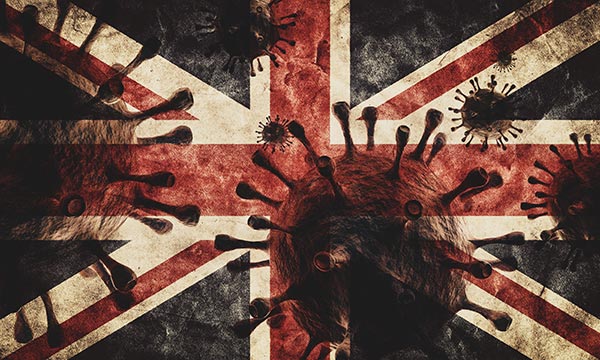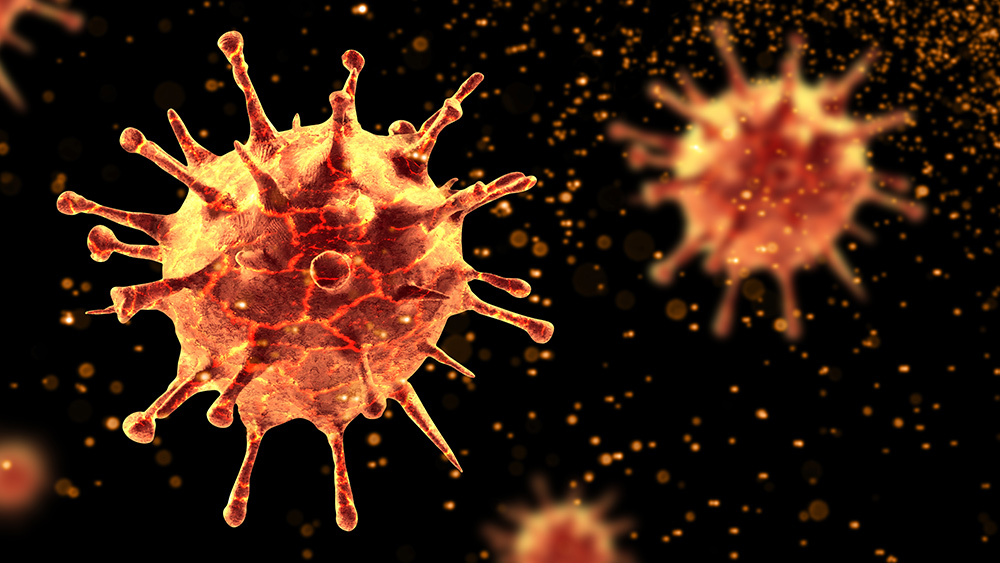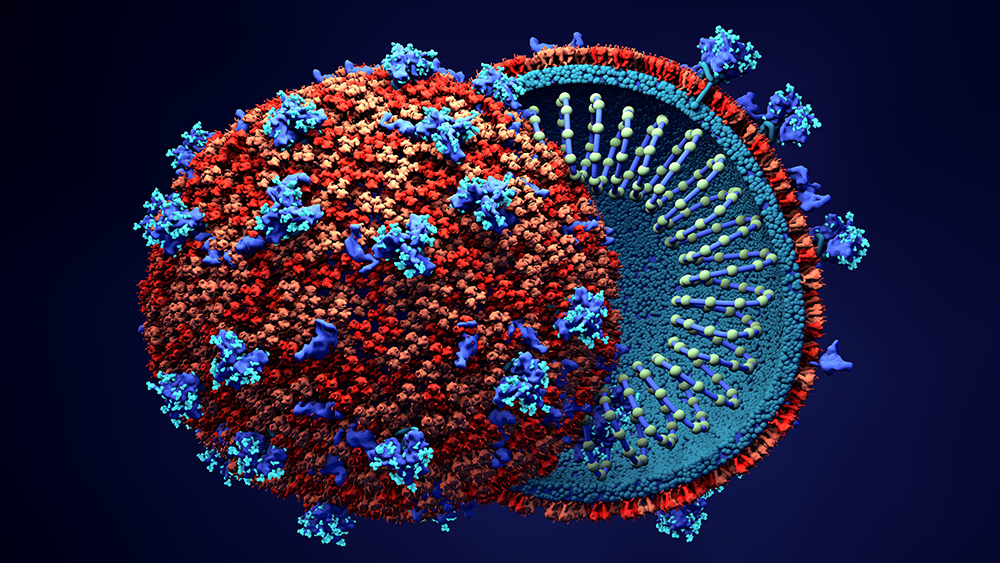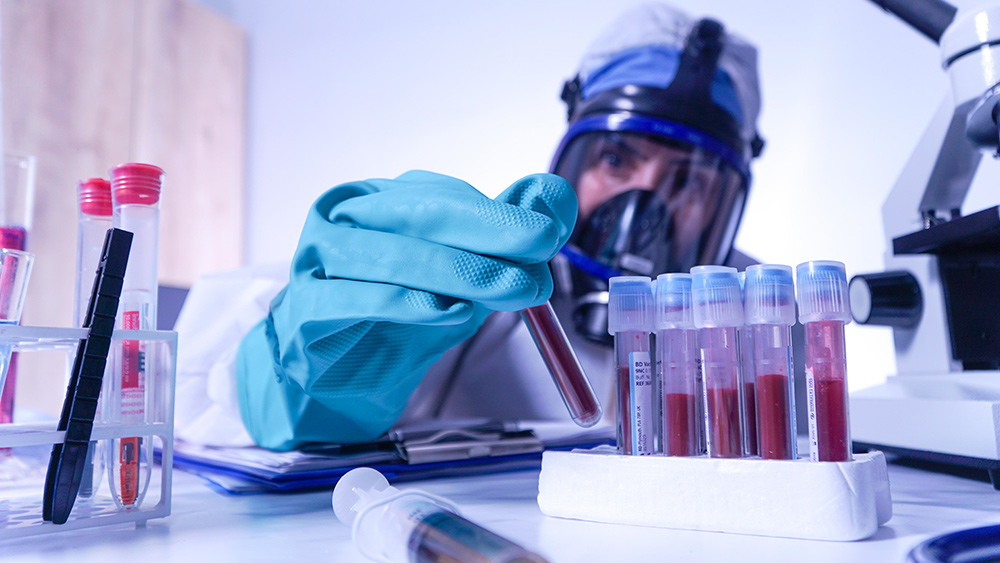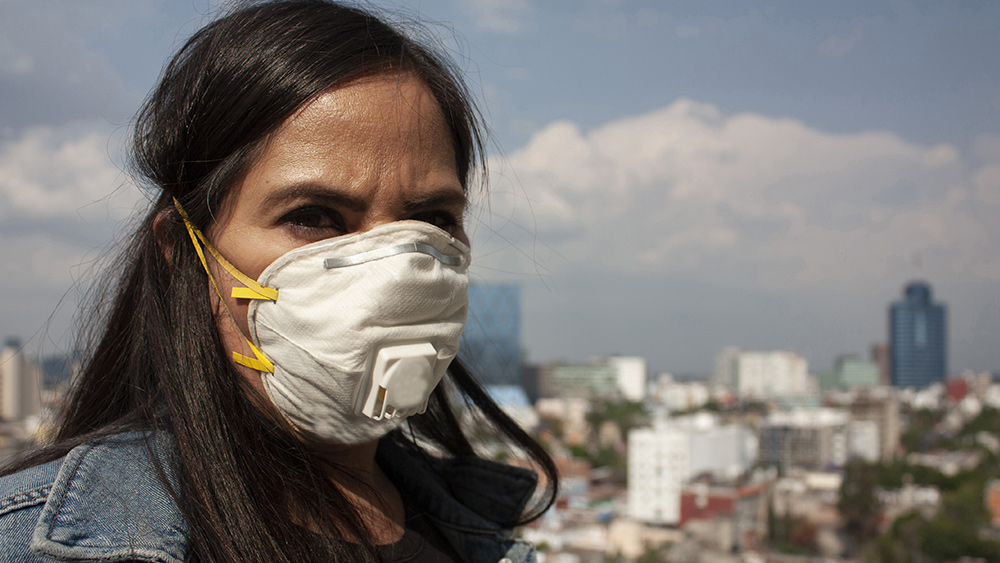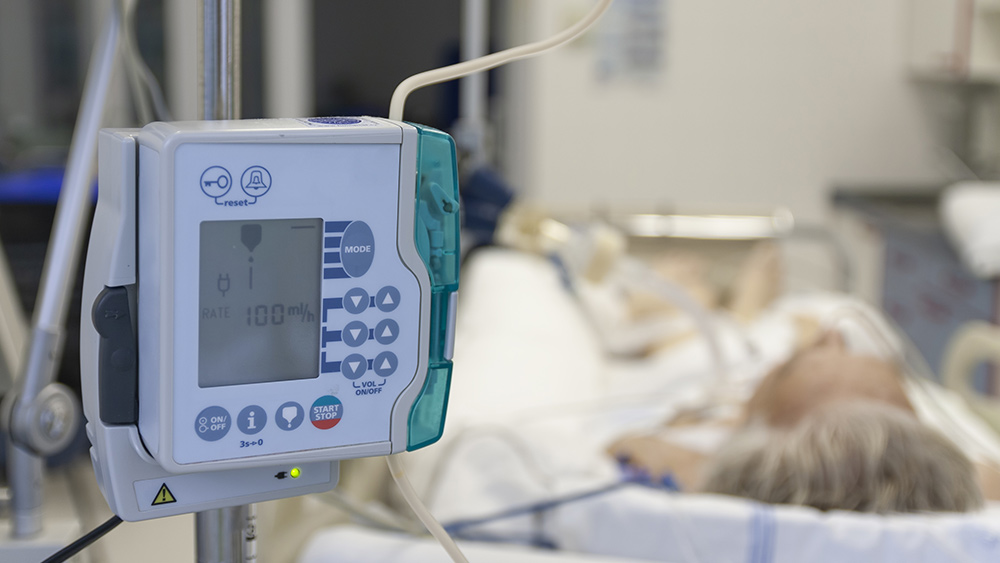CDC claims coronavirus killed nearly 400 American healthcare workers
06/07/2020 / By Franz Walker

Since it first struck American shores, the Wuhan coronavirus (COVID-19) has killed nearly 368 infected 69,761 healthcare workers, according to data from the Centers for Disease Control and Prevention (CDC).
The CDC’s latest numbers show a staggering increase from seven weeks ago, when the CDC first released data on coronavirus infections and deaths among nurses, doctors, EMTs, pharmacists and other medical employees. When it first came out on April 15, the report only showed 27 deaths and over 9,000 infections among American healthcare workers.
CDC’s data is incomplete
Despite the high number, the CDC’s data doesn’t cover all of the healthcare workers across the country, as statistics are currently only available for around a fifth of the total. In addition, the death status of only 56 percent of healthcare workers who died is available.
“It is underreported,” says Zenei Cortez, president of National Nurses United (NNU), the largest union of nurses in America.
The NNU has compiled its own count that shows that more than 530 healthcare workers have died during the pandemic. To get this number, the union used publicly available information, including obituaries. Meanwhile, a recent survey by the NNU of over 23,000 nurses found that more than 80 percent had yet to be tested for the coronavirus.
Healthcare workers still lack adequate protective equipment
The numbers are sobering when considering the fact that many nurses across the country still say that they don’t have enough personal protective equipment (PPE), and are often required to reuse whatever they have, such as N95 masks, despite the practice not being recommended. Many hospitals, as well as nursing homes, are operating with inadequate supplies and are rationing them.
“Everything is under lock and key. If you are going to respond to an emergency, you sometimes have to wait for someone to unlock a cabinet,” Cortez says of some hospitals’ PPE supplies.
Pat Kane, executive director of the New York State Nurses Association, says that in some hospitals in the state, nurses and doctors are still working under contingency and crisis guidelines due to the lack of equipment. (Related: US coronavirus outbreak: Anxious and unprepared healthcare workers man the front lines.)
No standard for tracking infections and deaths in healthcare workers exists
Globally, no standardized system exists for recording the number of nurses and healthcare workers who contracted the virus. However, the International Council of Nurses (ICN), said that over 600 nurses have died worldwide and that over 230,000 healthcare workers have been infected, based on data compiled from its various national nurses’ associations.
“For weeks now we have been asking for data about infections and deaths among nurses to be collected,” said ICN chief executive officer Howard Catton. “We need a central database of reliable, standardized, comparable data on all infections, periods of quarantine, and deaths that are directly or indirectly related to COVID-19.”
According to an analysis by the ICN, an average of seven percent of the overall cases of infection globally are among healthcare workers. Data from Johns Hopkins University shows that there are about 6.7 million cases worldwide. With this in mind, this means that there are more than 450,000 infected healthcare workers worldwide.
However, the ICN says that the data is inconsistent as not many countries have compiled the data on infections among healthcare workers in a meaningful way. This applies even to the United States, where many nurses have not been able to get tested.
“The really sad thing is not having solid numbers from many states,” says Kane.
According to Kane, many nurses could not get tested early on in the outbreak. All in all, her statewide union has lost more than 30 nurses to COVID-19.
“Some of them actually died outside of the hospital, trying to recover at home,” she says.
Sources include:
Tagged Under: America, CDC, coronavirus, covid-19, deaths, disease, flu, government, healthcare, healthcare workers, infection, infections, nurses, outbreak, pandemic, superbugs, virus
RECENT NEWS & ARTICLES
COPYRIGHT © 2018 BIOLOGICALWEAPONS.NEWS
All content posted on this site is protected under Free Speech. BiologicalWeapons.news is not responsible for content written by contributing authors. The information on this site is provided for educational and entertainment purposes only. It is not intended as a substitute for professional advice of any kind. BiologicalWeapons.news assumes no responsibility for the use or misuse of this material. All trademarks, registered trademarks and service marks mentioned on this site are the property of their respective owners.





